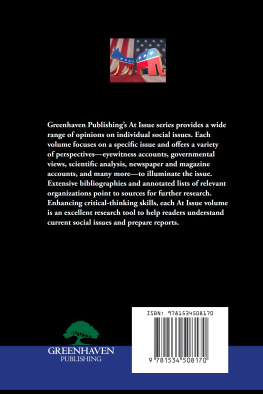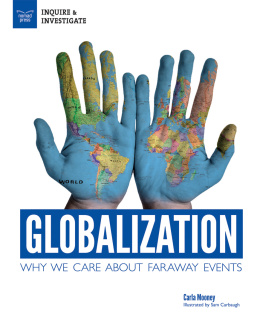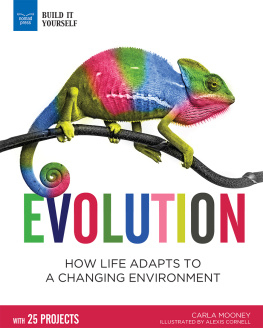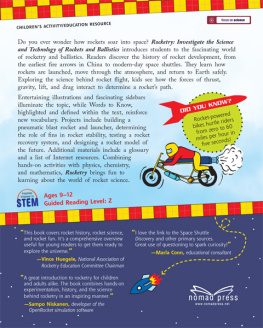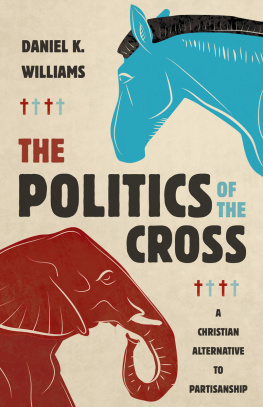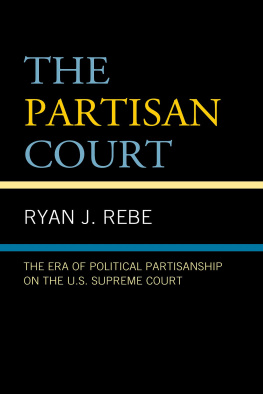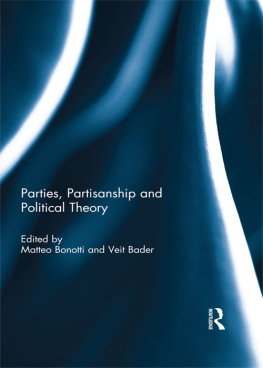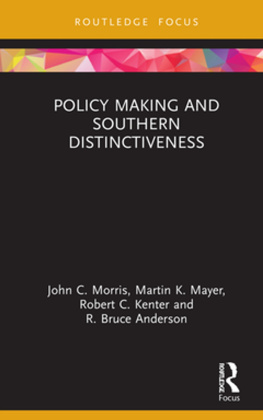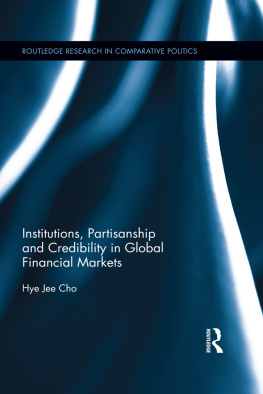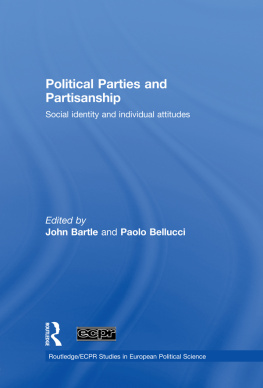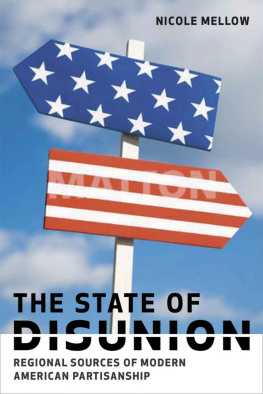
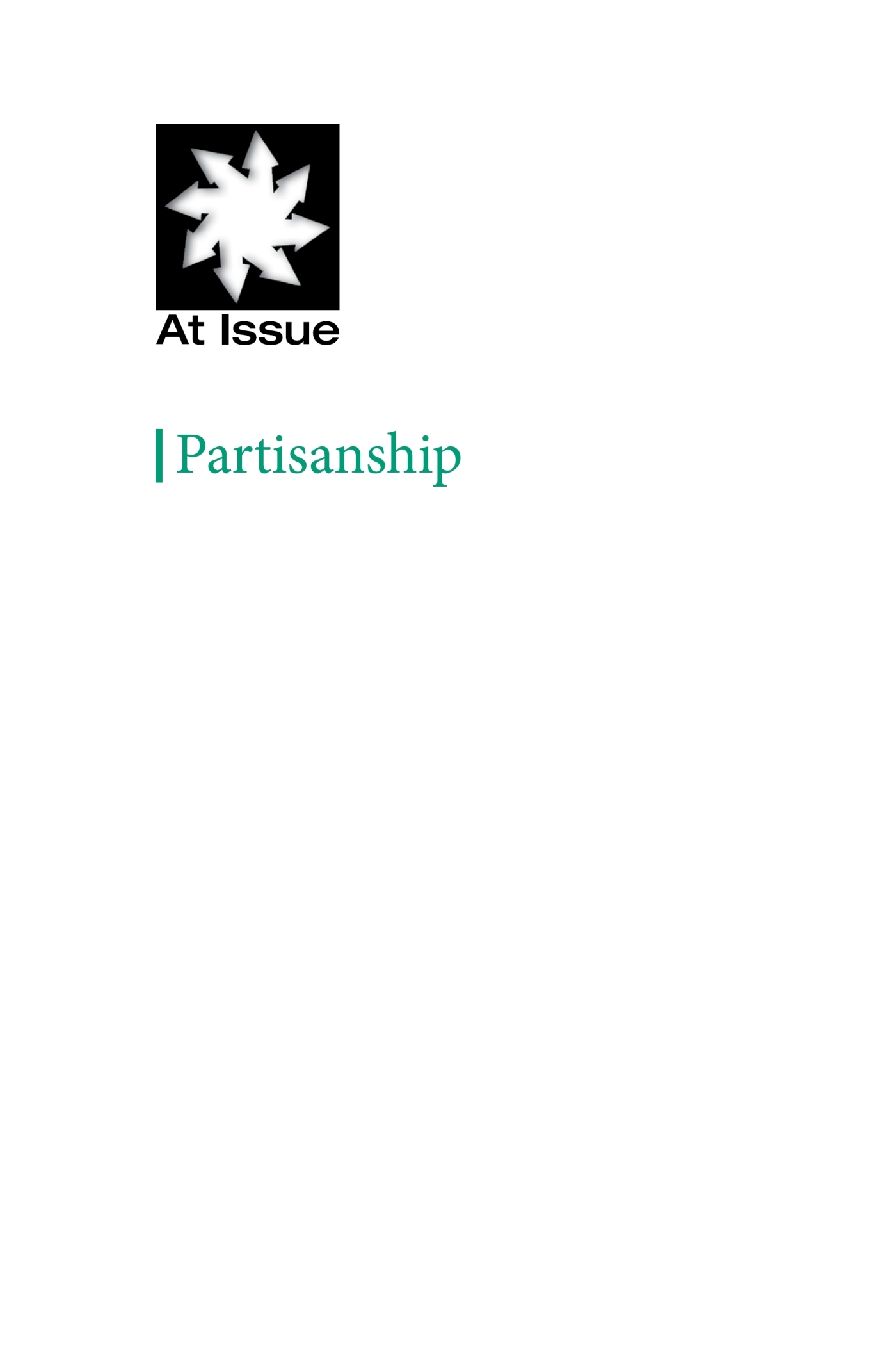
Other Books in the At Issue Series
COVID-19 and Other Pandemics
Food Security
Genocide
Is America a Democracy or an Oligarchy?
The Medias Influence on Society
Money Laundering
Nuclear Anxiety
Open Borders
Policing in America
The Politicization of the Supreme Court
Published in 2022 by Greenhaven Publishing, LLC
353 3rd Avenue, Suite 255, New York, NY 10010
Copyright 2022 by Greenhaven Publishing, LLC
First Edition
All rights reserved. No part of this book may be reproduced in any form without permission in writing from the publisher, except by a reviewer.
Articles in Greenhaven Publishing anthologies are often edited for length to meet page requirements. In addition, original titles of these works are changed to clearly present the main thesis and to explicitly indicate the authors opinion. Every effort is made to ensure that Greenhaven Publishing accurately reflects the original intent of the authors. Every effort has been made to trace the owners of the copyrighted material.
Cover image: Rawpixel.com/Shutterstock
Library of Congress Cataloging-in-Publication Data
Names: Mooney, Carla, 1970- editor.
Title: Partisanship / Carla Mooney, book editor.
Description: First edition. | New York: Greenhaven Publishing, 2022. |
Series: At issue | Includes bibliographical references and index. |
Audience: Ages 15+ | Audience: Grades 1012 | Summary: Anthology of diverse perspectives that examine what partisanship means today, how this differs from historical partisanship, its contributing factors, and the effect it has on the United States.Provided by publisher.
Identifiers: LCCN 2020050959 | ISBN 9781534508170 (library binding) | ISBN 9781534508163 (paperback) | ISBN 9781534508187 (ebook)
Subjects: LCSH: Political cultureUnited StatesJuvenile literature. |
PartisanshipUnited StatesJuvenile literature.
Classification: LCC JK1726 .P3585 2022 | DDC 306.20973dc23
LC record available at https://lccn.loc.gov/2020050959
Manufactured in the United States of America
Website: http://greenhavenpublishing.com
Contents
Sam Rosenfeld
Bob Abeshouse
Salvatore Babones
Pietro S. Nivola
Jennifer Lynn McCoy
Jeffrey D. Grynaviski
Amy Chua
Milenko Martinovich
Lee De-Wit, Cameron Brick, and Sander Van Der Linden
Charlie Cook
Eric Black
Harry Zahn
Peter Dizikes
Matt Grossmann
Lee De-Wit, Cameron Brick, and Sander Van Der Linden
John P. Wihbey
John Rennie Short
Harry J. Enten
Introduction
I n an era of increasing partisanship, the divide between Americas political parties appears greater than ever. Distrust, hostility, and anger have become more common in politics than handshakes and compromise.
In exploring partisanship, one must consider how partisanship develops and also its effect on American democracy. Does some level of partisanship enrich American democracy and make it stronger? Or does partisanship hinder democracys ability to function effectively? At some point, does partisanship become so obstructive that it blocks the governments ability to pass legislation supported by the majority of citizens and effectively perform fundamental governmental duties?
Throughout Americas political history, the country has experienced fluctuating levels of bipartisan compromise and polarizing partisanship. In the years before the Civil War, disagreements between political parties incited violence in Congress on numerous occasions, according to historian Joanne Freeman in her 2018 book, The Field of Blood: Violence in Congress and the Road to Civil War. In 1838, partisan rancor led Representative William Graves of Kentucky to challenge Representative Jonathan Cilley of Maine to a duel over an insult to his character, which led to Cilleys death.
While physical fights diminished in the 20th century, partisan conflict rose and fell. During the decades from the 1930s into the 1970s, a bipartisan compromise emerged as a coalition of Republicans and Southern Democrats worked together to achieve common goals. Although partisanship began to rise again in the 1980s, political parties were still able to find some areas of common ground. For example, in 1990, Republican and Democratic members of Congress worked together to pass the bipartisan Americans with Disabilities Act, making it against the law to discriminate based on disability. And in 2012, Congress passed bipartisan legislation known as the Jumpstart Our Business Startups (JOBS) Act, designed to help entrepreneurs and small businesses. In a statement at the time, former House majority leader Eric Cantor said, The bipartisan JOBS Act represents an increasingly rare legislative victory in Washington where both sides seized the opportunity to work together, improved the bill, and passed it with strong bipartisan support.
Although there are examples of bipartisan compromise in American history, some commentators point out that this was not the intent of the countrys Founding Fathers. In a February 2020 article published on Time.com, Fergus M. Bordewich, the author of Congress at War: How Republican Reformers Fought the Civil War, Defied Lincoln, Ended Slavery, and Remade America, writes, The low esteem in which Congress is held today may well be more rooted in a widespread but false idea that government is supposed to be smooth, efficient, and collaborative, and that compromises are easy. None of that is true. The Founders knew from the beginning that republican politics would be messy and full of conflict. In fact, they were proud of it, because they recognized it as democracy in action. Even though bipartisanship has led to compromise legislation, some writers argue that excessive bipartisanship harms democracy. According to this viewpoint, when politicians reach across the aisle to work with their opposition counterparts, it becomes more difficult for voting citizens to hold them accountable in elections. In this way, partisanship improves American democracy and allows it to function most effectively.
Yet other writers contend that while partisanship may give voters clear choices in elections, excessive partisanship prevents the US government from working efficiently. They point out that partisan fights lead to legislative priorities becoming mired in political gridlock. When partisanship dominates the political arena, politicians may be more likely to support or oppose policies and programs based on which party proposed it, not on the policy or programs individual merits or its benefits for constituents.
In an article for the Washington Post published in January 2014, Sarah Binder, a professor of political science at George Washington University and a senior fellow at the Brookings Institution, writes that our political system requires broad, usually bipartisan, coalitions to adopt major policy change. Such coalitions are easier to build when a sufficient mass of legislators occupy the political center to bridge partisan and ideological divisions.
Some observers warn that rising partisanship has the potential to do tremendous harm to democracy. Partisanship divides citizens into political sides. As each side becomes more polarized, the divide between the opposing parties grows wider while shared political ground and objectives shrink. In the 2019 book
Next page
